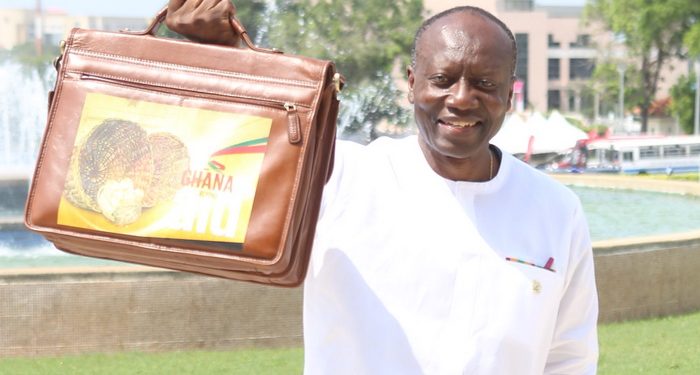Ahead of the 2022 budget presentation later this month, the Traders Advocacy Group Ghana (TAGG) is calling on the government to address the issue of the high cost of lending in the country.
President of the Traders Advocacy Group Ghana (TAGG) David Amoateng indicated that addressing this concern is imperative as businesses continue to deal with the impact of the COVID-19 pandemic.
He, therefore, called on the government to resolve it in the next budget.
“We want a situation whereby government bearing in mind that right after here we will be trading among other countries of which some of them have about 12% interest rate when they take the facility from the bank.”
“When it comes to our country Ghana it hovers around 20 to 25% and we will be competing with these who are taking 6% 8% and 12%. So, we want to encourage the finance minister to as a matter of urgency do something about this. If we are doing like 15, 14%, in as much as it is high it is better than what we are having now.”
Presently, the average lending rate in Ghana is about 20 per cent while some countries in the sub-region are posting single-digit lending rates.
Various business associations have raised concerns about the high cost of borrowing in the country stressing that it makes local businesses uncompetitive especially with the commencement of the African Continental Free Trade Area Agreement.
Commenting on the issue, Senior Presidential Advisor, Yaw Osafo-Maafo said it has become necessary for banks to reduce their interest rates since the financial sector clean-up which took place in 2017 reduced the risks associated with lending money to the public.
David Amoateng also raised concerns about the rising cost of the dollar and its resultant impact on business.
He called on the government to work to stabilise the currency.







